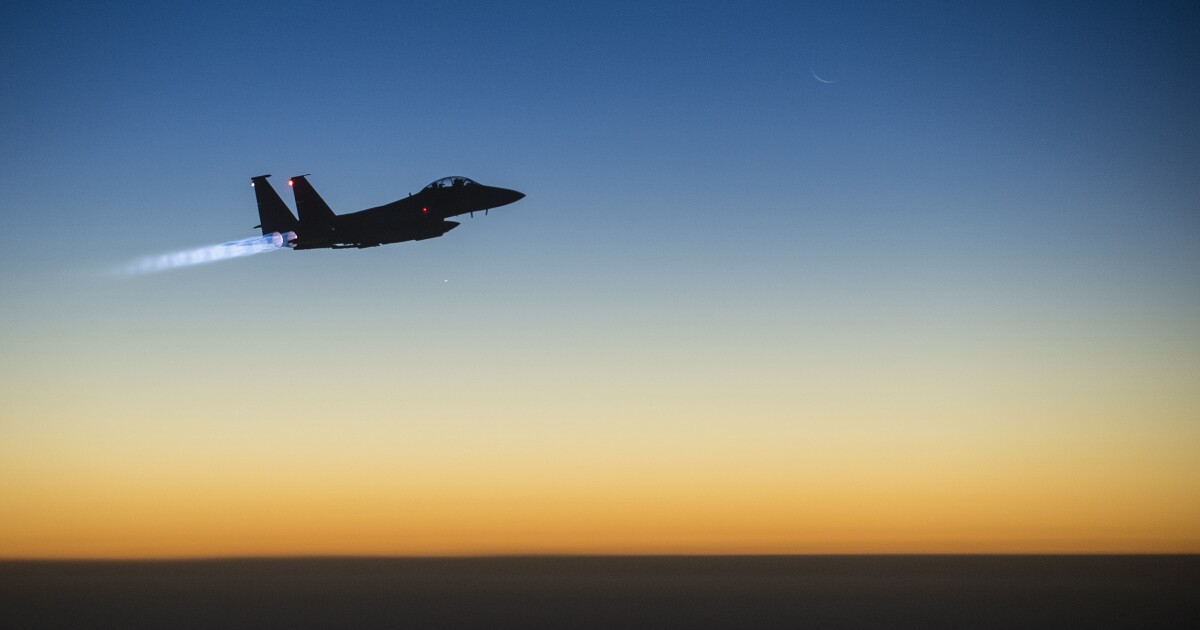

Iran and Russia are working in concert to force the U.S. military out of Syria, a senior defense official told reporters on Friday.
The official disclosed for the first time that a Russian aircraft flew unprofessionally near a U.S. MQ-9 drone earlier that day, while a second aircraft spent “an extended period of time” surveilling the U.S.’s Al Tanf garrison in Syria. The U.S. didn’t have any assets to deter the manned aircraft over its base.
NINE TAKEAWAYS FROM FBI DIRECTOR CHRISTOPHER WRAY’S TESTIMONY
“We’re supposed to stay about three nautical miles away from each other’s aircraft all the time, and they were well inside of that,” the official said. “So I judge that as unprofessional because they’re not following the established rules that we have for aviation operations. But it was not reckless, like some of the previous intercepts.”
These incidents, which also include Iranian interceptions of vessels in nearby waterways, represent a significant increase in the aggressiveness of the Russian forces in the area, the official explained. While there have often been blips of increased Russian aggression in the region in the past, the official said in the spring, they noticed the beginning of an extended period of that behavior that is still ongoing.
“My assessment, and we have some evidence to support this, is that as Russia and Iran have pulled themselves closer together, that there is interest on both sides to push us out of Syria to put a pressure campaign on us,” the official said. “There’s a confluence of interest between these three — the Iranians, Russians, and Syrians — and my assessment is that there’s a degree of cooperation, collaboration, planning, where they potentially are looking at how they pressure us over time to push the U.S. out.”
Despite the increased aggression from Russia’s military in the Middle East, the official claimed they don’t see an apparent willingness to get into an escalation with U.S. forces. American military leaders don’t want to engage Russian forces either.
The U.S. and Russia have a de-confliction line that is used by both sides, including on Friday. The U.S. official said the correspondence on the de-confliction line “sometimes gets somewhat heated.”
CLICK HERE TO READ MORE FROM THE WASHINGTON EXAMINER
The official believes that there is a “qualitative difference here now,” given the strengthened relationship between Iran and Russia, which has largely been forged during the latter’s war in Ukraine. Iran has provided Russia with hundreds of deadly drones that it subsequently used to target Ukrainian infrastructure. Iran, in return, has also finalized a deal to buy Su-35 fighter jets from Russia and is looking for additional weapons and equipment, including attack helicopters, radars, and YAK-130 trainer aircraft.
Last month, National Security Council coordinator John Kirby told the Washington Examiner that the U.S. is concerned that Russia is working with Iran to produce Iranian UAVs from inside Russia, and that, “This plant could be fully operational early next year.”





